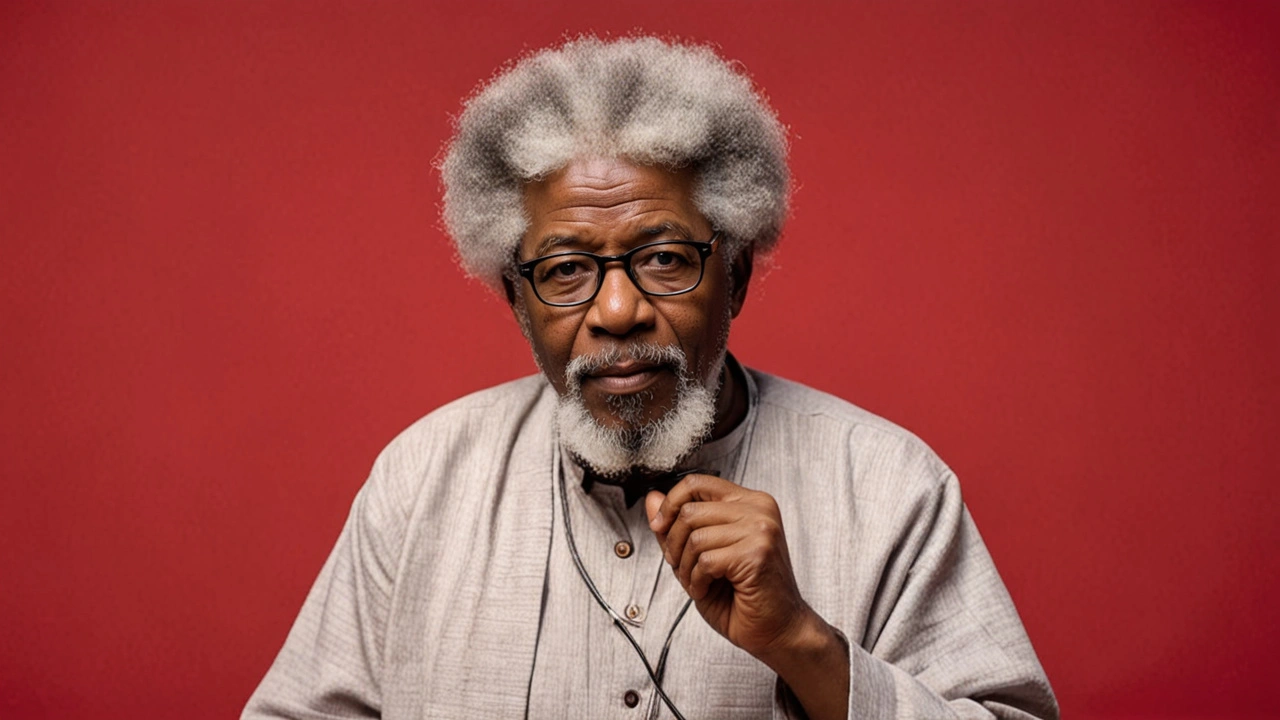Nigerian literature stands out globally because it packs a punch with rich stories, colorful characters, and deep dives into history and everyday life. From Chinua Achebe's groundbreaking works like Things Fall Apart to Chimamanda Ngozi Adichie's modern takes, Nigerian writers use fiction, poetry, and drama to spotlight the country's culture and social issues.
So why does Nigerian literature matter? It’s more than just stories. It’s a way to understand Nigeria’s diverse ethnic groups, languages, and traditions—like the Igbo, Yoruba, and Hausa—but also the impact of colonization and independence struggles. The themes often touch on identity, change, corruption, and the clash between tradition and modernity.
Any conversation has to start with Chinua Achebe, often called the father of modern African literature. His writing set a foundation that inspired many who came after. Then there’s Wole Soyinka, a Nobel laureate, known for his plays and poetry that challenge power and injustice. More recently, writers like Chimamanda Ngozi Adichie and Teju Cole bring fresh perspectives, especially on migration, gender, and global identity.
These authors speak in ways that feel personal yet universal, grabbing readers worldwide. Their impact goes beyond books—they shape how the world sees Nigeria and Africa as a whole.
If you’re new, start with classics like Achebe’s Things Fall Apart or Soyinka’s plays. For something contemporary, try Adichie’s Half of a Yellow Sun or Americanah, which talk about the civil war and immigrant experiences. Poetry lovers might enjoy works by Niyi Osundare or modern voices like Efe Paul Azino.
Many Nigerian stories are also available online or through international bookstores, making it easier to explore this rich literary landscape. Whether you want fiction that transports you or critical commentary on society, Nigerian literature has something that will stick with you.
In short, Nigerian literature isn’t just a reading choice—it’s a cultural journey packed with emotion, history, and the hope of a nation. Give it a go, and you might find a story that resonates with you in surprising ways.
